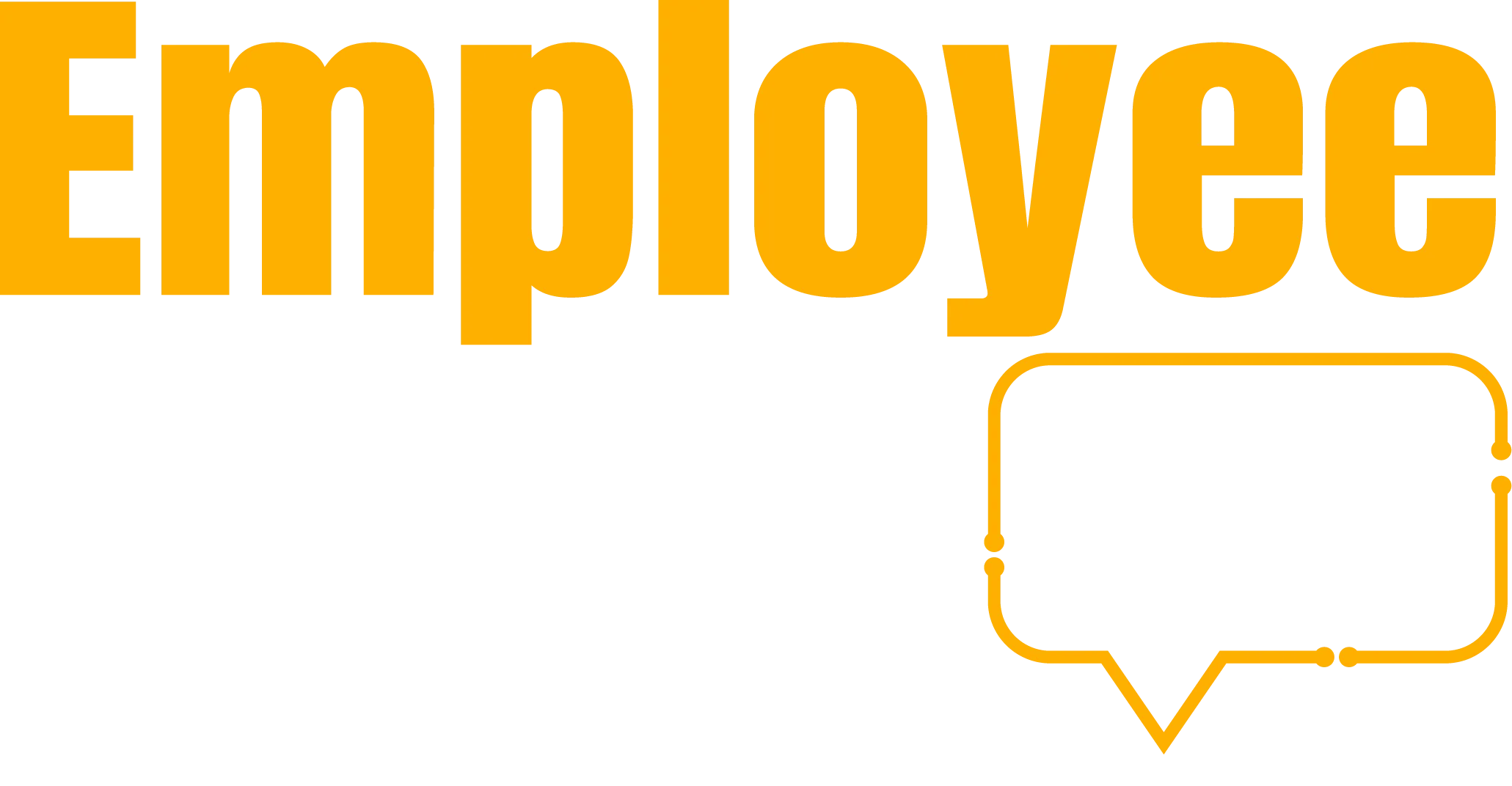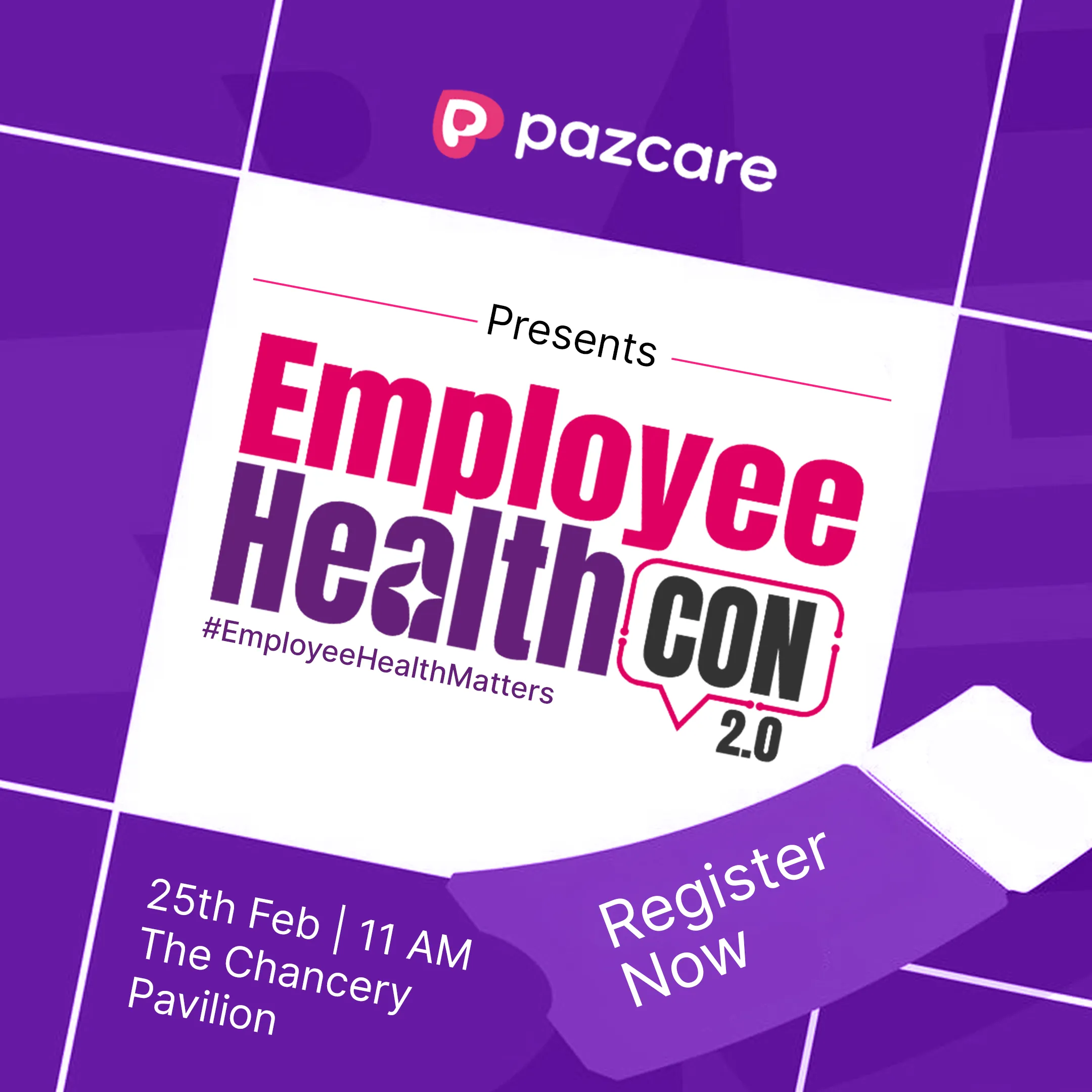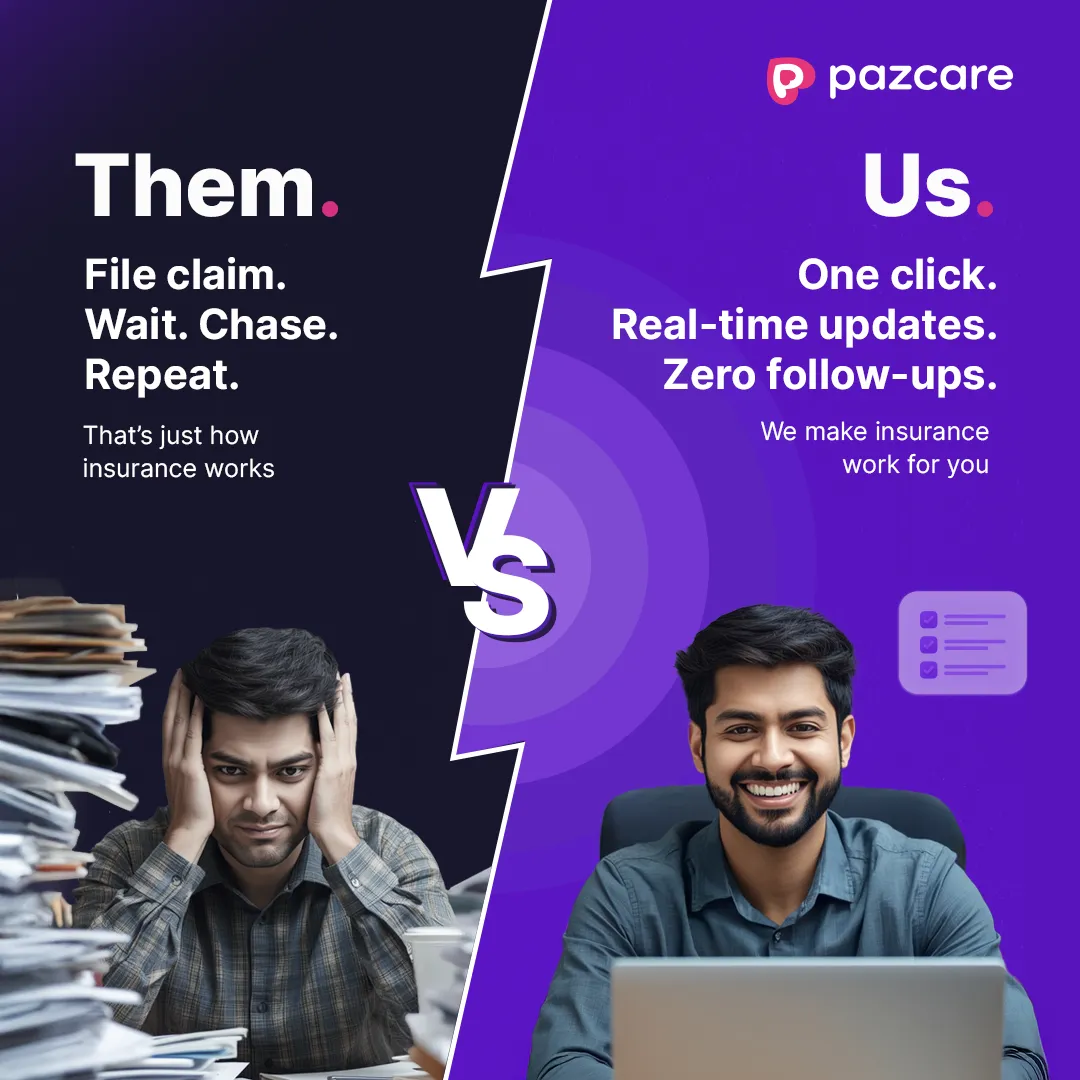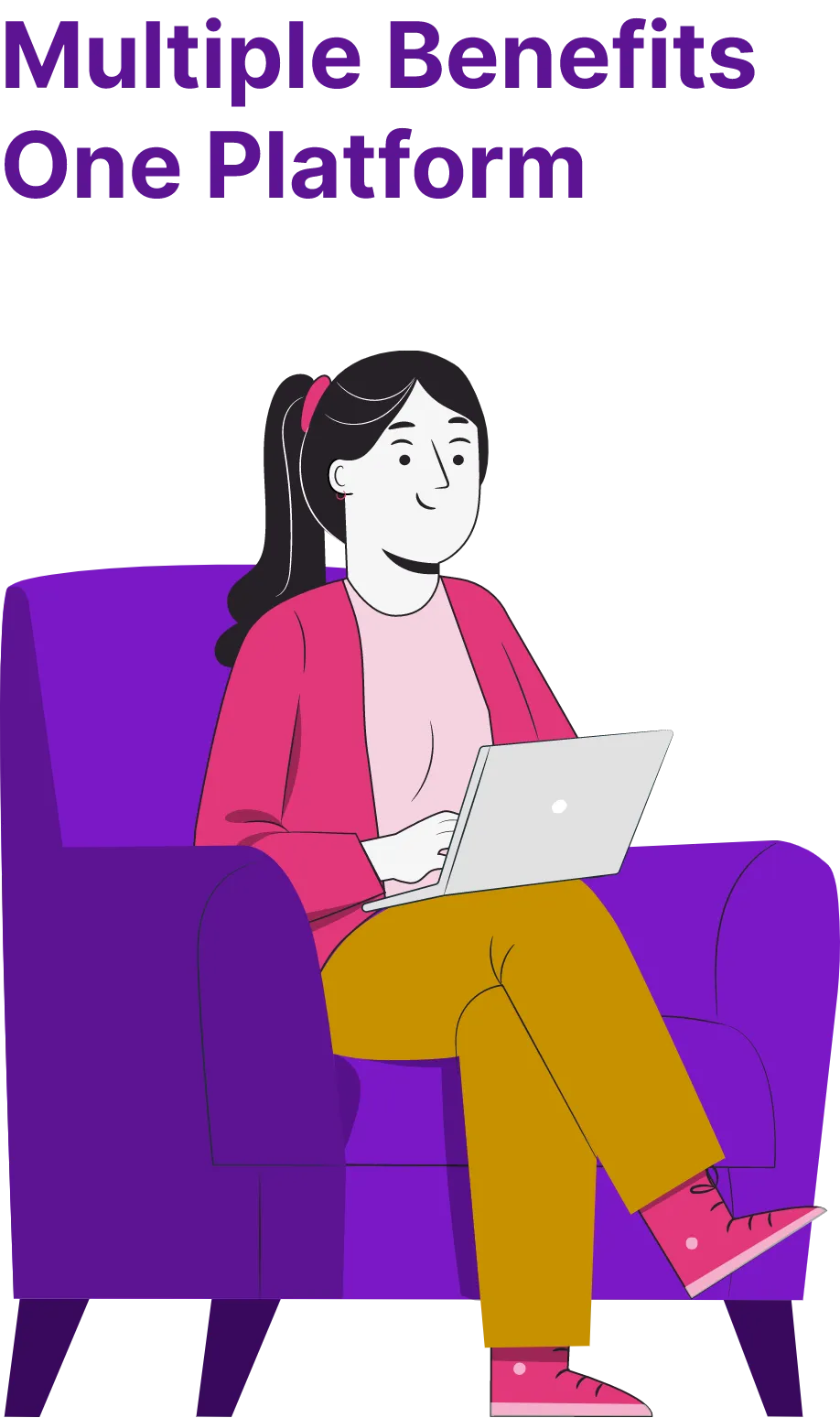"Agile HR" refers to the application of Agile methodologies to human resources functions. Originally developed in the software industry, Agile methods emphasize flexibility, adaptability, and quick responses to change.
When applied to HR, the goal is to create a more flexible, adaptive department that can respond quickly to the changing needs of the business, employees, and the external environment.
Characteristics of Agile HR
Iterative decision-making
Instead of creating long-term plans that are rigid and unchangeable, Agile HR prefers short cycles and iterations, continuously assessing and adapting strategies as needed.
Employee-centric
Agile HR often focuses on employee experience, aiming to create an environment where employees can perform at their best. It usually employs tools like regular feedback, open communication, and an emphasis on team collaboration.
Decentralized authority
Decisions are often made by the people who are closest to the work, rather than being dictated from the top down.
Cross-functional teams
Agile HR often promotes the use of cross-functional teams to solve specific challenges. These teams are temporary and can include individuals from different departments and levels of the hierarchy.
Transparency
There is an emphasis on open sharing of information, goals, and metrics, so everyone is aware of what’s happening in the organization.
Continuous learning
Agile HR promotes a culture of continuous learning and development, both for individual employees and the organization as a whole.
Data-driven
Agile HR tends to rely on metrics and data to make informed decisions, rather than relying solely on intuition or traditional ways of doing things.
Adaptability
One of the most significant aspects is the ability to adapt to changes quickly, whether those are internal changes like new company policies, or external changes like new labor laws or economic conditions.
Technology utilization
Modern HR tools and platforms that facilitate mobile learning, real-time feedback, and other Agile practices are often embraced.
Value delivery
Agile HR aims to deliver more value to employees and stakeholders in less time and with fewer resources, aligning HR functions closely with the organization's strategic goals.
Agile HR certification
Agile HR certifications are programs designed to equip Human Resource professionals, leaders, and consultants with the skills and knowledge needed to apply Agile methodologies in HR functions.
These certifications are relatively new, as the concept of Agile HR is a growing trend that aims to make HR departments more adaptable, efficient, and employee-centric.
Benefits of certification - Why should you do it?
Skills development
Gain expertise in implementing Agile practices in HR functions.
Career advancement
Certification can give you a competitive edge in the job market and may lead to better job opportunities.
Credibility
A certification demonstrates to employers and colleagues that you have the skills and knowledge to implement Agile HR practices effectively.
Network building
Certification programs often provide opportunities to connect with other HR professionals interested in Agile methodologies.



















.svg)
.svg)